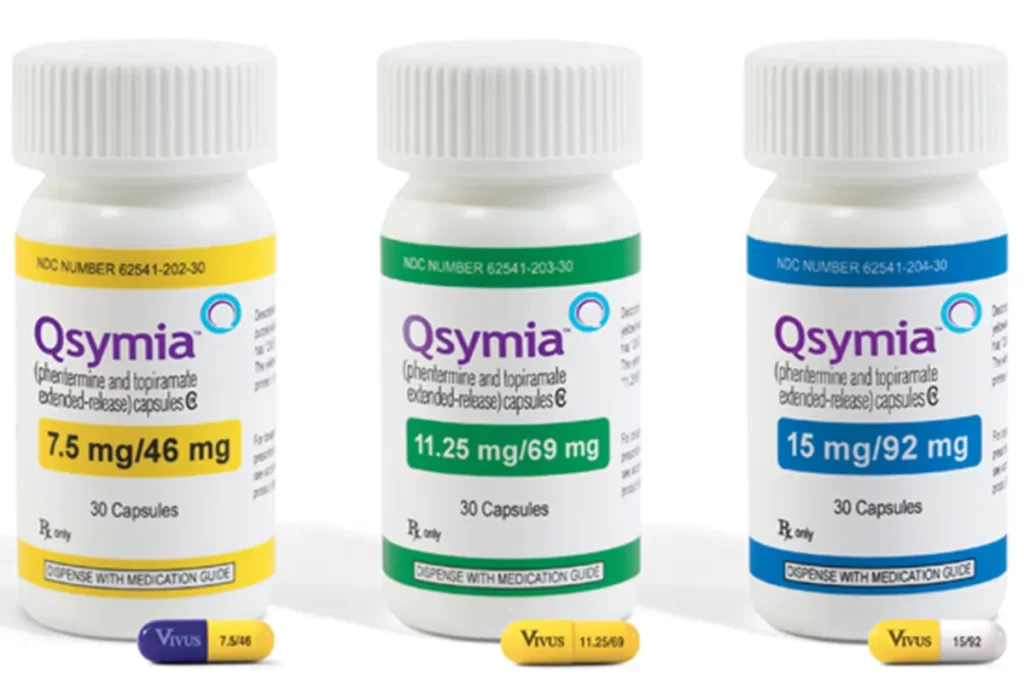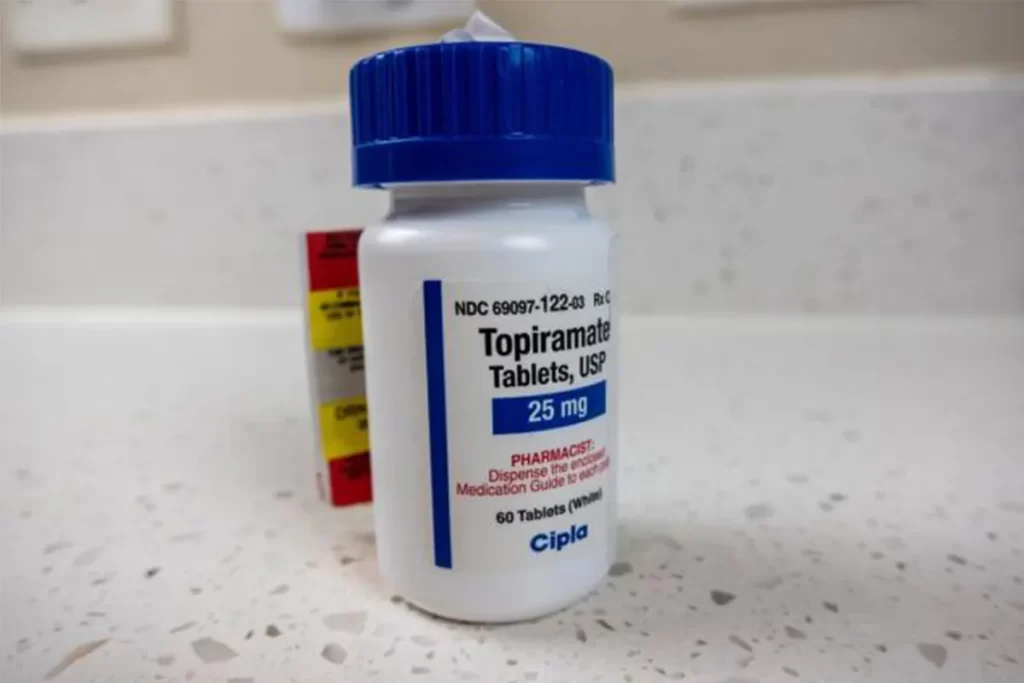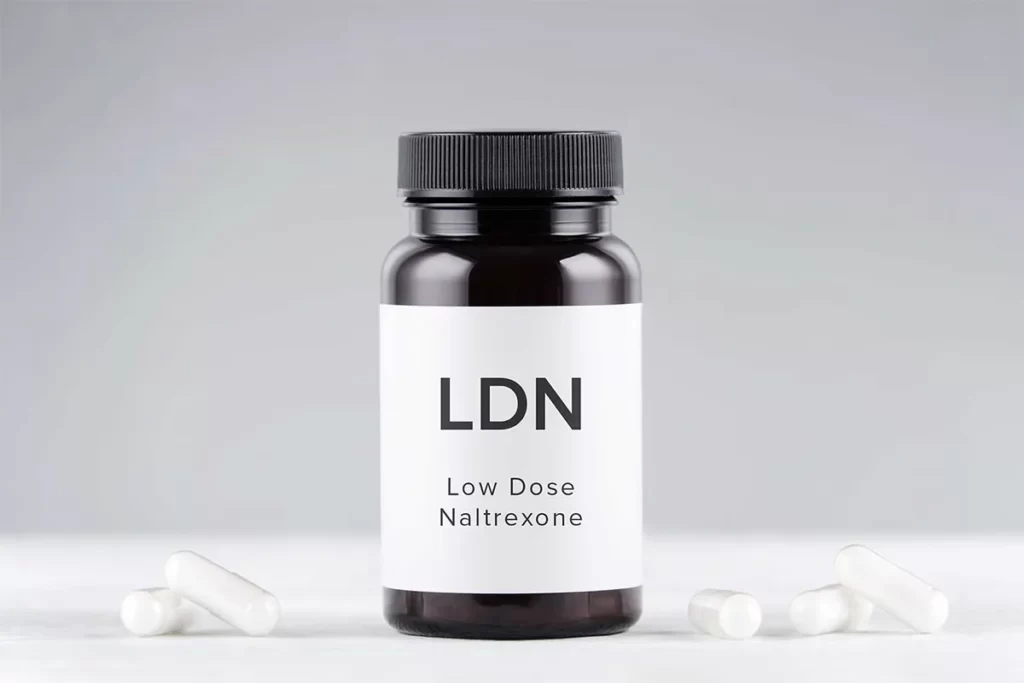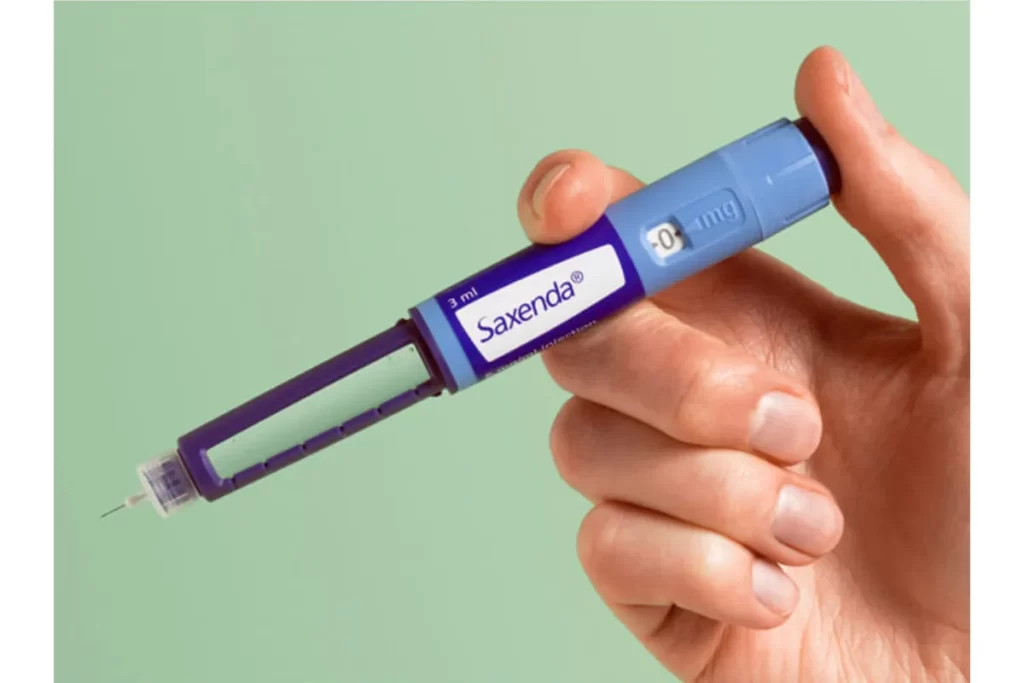How Dietary Fiber and Weight Loss Play a Role?
-
 Written by
Michael J. Ormsbee
Written by
Michael J. Ormsbee
- LAST UPDATED September 15, 2023
Dietary fiber has long been promoted as an essential component of a healthy diet. Research continues to uncover new benefits of fiber for weight management, digestion, heart health, and more. While all fiber types offer health perks, certain forms like soluble and viscous fiber appear especially beneficial for aiding weight loss when part of a balanced eating plan.
Getting enough fiber in your daily diet can help with weight loss in a variety of ways. It promotes feelings of fullness and satisfaction, feeds good gut bacteria, reduces calorie absorption, and balances blood sugar. This article will explore the science behind dietary fiber and weight loss. You’ll learn why fiber helps with weight control, how much you need each day, which foods provide it, and easy ways to increase your fiber intake.
What is Dietary Fiber and How Does It Aid Weight Loss?
Dietary fiber, often referred to as “roughage”, is a crucial part of a balanced diet. It is a form of carbohydrate that our bodies can’t digest or absorb but passes relatively unscathed through our digestive tract. Despite the fact that it provides no additional calories or nutrients directly, it plays an important role in maintaining good health, particularly in the process of dietary fiber and weight loss.
This indigestible part of plant foods comes in two varieties: soluble and insoluble fiber. Both aid digestion and have their unique nutritional benefits. The former, soluble fiber, dissolves in water forming a gel-like substance and can be found in oats, peas, beans, apples, citrus fruits, carrots, barley, and psyllium. Soluble fiber plays a crucial role in dietary fiber and weight loss because it moderates blood glucose levels and lowers cholesterol.
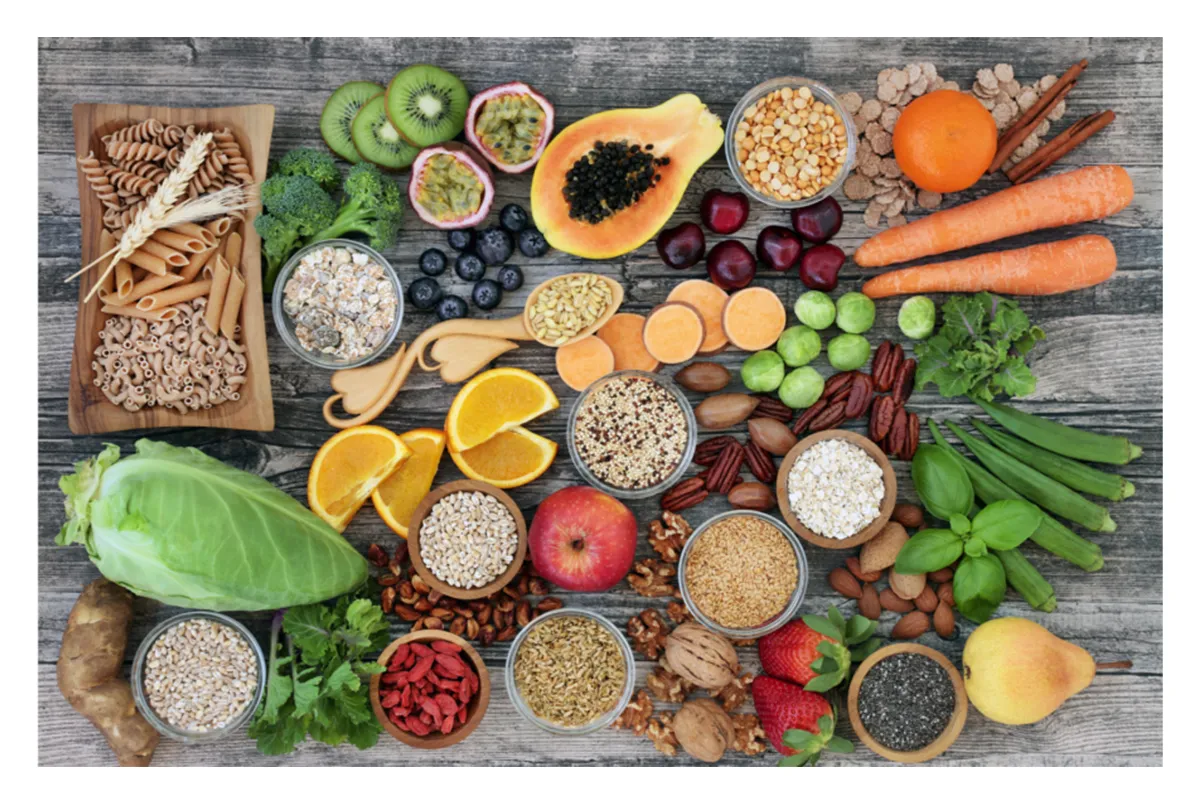
On the other hand, insoluble fiber, as the name suggests, does not dissolve in water. It is the type of fiber that adds bulk to the diet, aids in digestion, helps prevent constipation, and can be found in foods like whole wheat flour, wheat bran, nuts, beans, potatoes, cauliflower, green beans, and flaxseeds.
For those looking to lose weight, dietary fiber for weight loss can closely be linked to each other. A diet high in fiber can play an essential role in promoting weight loss and preventing weight gain. Dietary fiber enhances the body’s ability to regulate weight by promoting the feeling of satiety, thus preventing overeating.
The secret to the effectiveness of dietary fiber and weight loss lies in the unique properties of soluble fibers, particularly the viscous type. This type of fiber forms a gel in the gut that “traps” nutrients, limiting their absorption and prolonging the process of digestion and absorption. The physiological effects of this are that you feel fuller for longer, eat less overall, and thus consume fewer calories.
- An extensive study done by Northwestern Medicine observed that increased intake of dietary fiber has a strong connection with significant reductions in weight gain and fat accumulation.
- The “Carbohydrates, Appetite, and Feeding Behavior in Humans” study showed that consuming more fiber could reduce total energy intake, leading to a modest reduction in body weight.
- A study published in “Nutrition Reviews” found that increasing fiber intake could be a simple, yet effective tool for aiding weight loss and maintaining body weight.
- A research piece published in “The Journal of Nutrition” found that dietary fiber intake, especially cereal fiber, is inversely associated with body weight and body fat percentage. It also suggested that dietary fiber may play a role in preventing weight gain.
- A study published in “The Annals of Internal Medicine” demonstrated that simply aiming to eat 30 grams of fiber each day could help you lose weight, lower blood pressure, and improve the body’s response to insulin as effectively as a more complicated diet.
The process of dietary fiber and weight loss is further supported by various studies. These studies have consistently found a correlation between increased intake of soluble fiber and decreased calorie intake and body weight. Specifically high viscous fiber foods such as oats, beans, citrus fruits, and psyllium husk have been found to be especially beneficial.
For anyone with weight loss goals, understanding the role of dietary fiber and weight loss can greatly enhance their success. It is thus crucial to include a variety of fiber-rich foods in the diets to make the journey of dietary fiber for weight loss smoother and more effective.
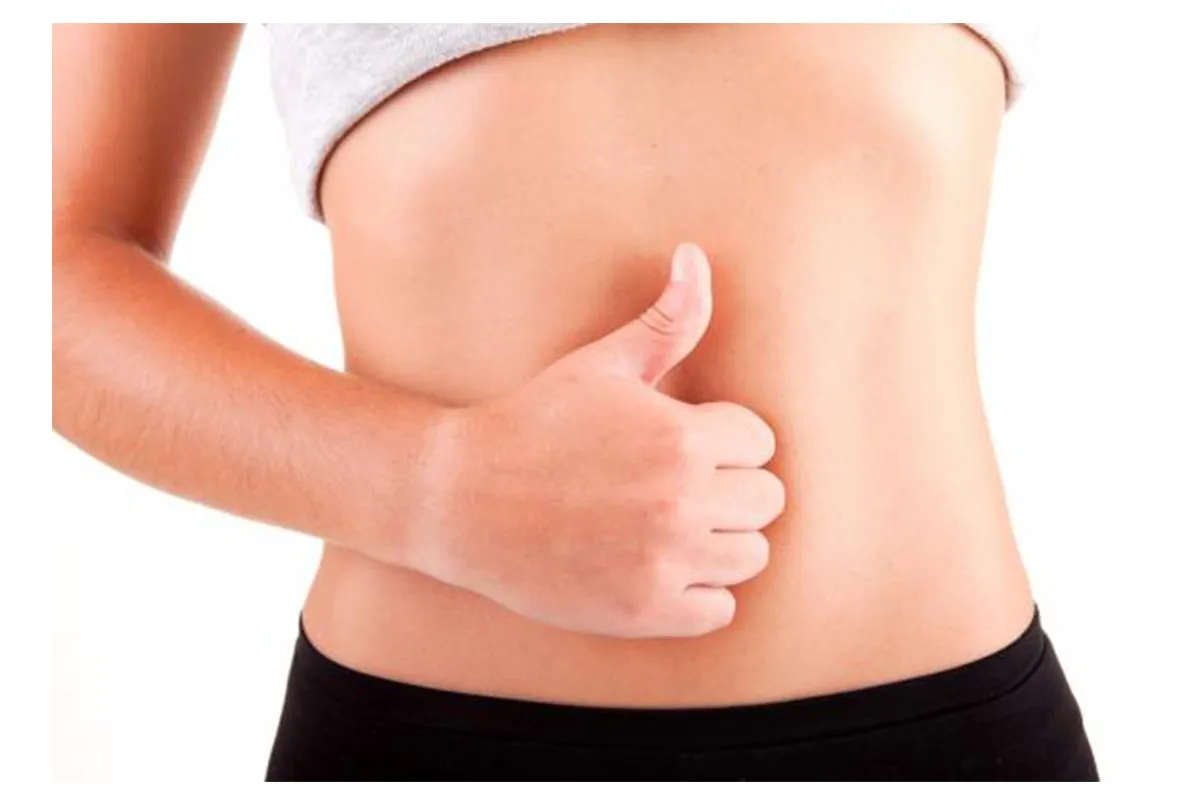
Benefits Beyond Dietary Fiber and Weight Loss – How Fiber Improves Health
Dietary fiber and weight loss go hand-in-hand, but the advantages of consuming a high-fiber diet go beyond weight control. Fiber offers a wide range of health benefits to help you feel your absolute best.
Improves digestion: Consuming sufficient fiber adds bulk to the stool, which eases bowel movements and relieves constipation. Soluble fibers, in particular, work as prebiotics that feed beneficial gut bacteria, aiding in healthy digestion.
Lowers cholesterol levels: Soluble fiber has a unique ability to bind with cholesterol in the intestine. By doing so, it helps remove cholesterol from the body before it enters the bloodstream, contributing to lower levels of LDL, or “bad,” cholesterol.
Regulates blood sugar: The link between dietary fiber and weight loss is not the only way fiber affects the body – it can also help control blood sugar levels. Fiber slows down the digestion of carbohydrates, leading to stabilized blood sugar levels. This is especially helpful for people with diabetes or those at risk of developing the condition.
Reduces inflammation: The fermentation of fiber in the gut generates byproducts, which promote an anti-inflammatory response throughout the body. Consuming fiber-rich foods helps reduce inflammation within the gut and other areas of the body.
Lowers heart disease risk: Dietary fiber and weight loss are both factors that can contribute to improved heart health. A high-fiber diet has multiple effects on cardiovascular health, including reducing cholesterol levels, blood pressure, and inflammation. These factors collectively reduce the risk of heart disease.
Protects gut health: The prebiotic properties of soluble fiber help nourish good bacteria in the intestines and promote regular bowel movements. This combination supports overall gut function and immunity.
Promotes fullness and satiety: Fiber-rich foods take longer to eat and digest, leading to a feeling of fullness. The relationship between dietary fibre weight loss is evident in fiber’s ability to make you feel more satisfied after a meal, reducing the need for snacking and overeating.
Assists in weight management: Another benefit of the link between dietary fiber and weight loss is that fiber-rich foods typically have fewer calories compared to their lower-fiber counterparts. This indicates that a high-fiber diet can aid in caloric control and promote weight management.
Promotes healthy bowel function: A high-fiber diet assists in maintaining a healthy environment in the colon, supporting regular bowel movements by adding bulk to stool. By doing so, fiber helps prevent digestive disorders such as constipation, hemorrhoids, and diverticulitis.
Supports skin health: The fermentation byproducts produced when consuming fiber have been shown to help protect the skin and assist in the healing process. This improves overall skin health, making for a healthier and more radiant complexion.
The recommended daily intake of fiber is 25-30 grams for optimum health benefits. As above, the connection between dietary fiber and weight loss is just one aspect of fiber’s many advantages. By incorporating fiber-rich foods into your daily meals, you are not only supporting weight loss efforts but also improving your overall health and well-being.
Soluble and Insoluble Fiber Foods: Enhance Your Dietary Fiber and Weight Loss Journey with These 40 Foods
In your journey of dietary fiber and weight loss, knowing the difference between soluble and insoluble fiber foods is key. These two types of dietary fiber serve different functions and can be found in various whole foods. Below, we outline the top 20 foods high in each type of fiber, paving the way for you to effectively boost your dietary fibre weight loss journey.
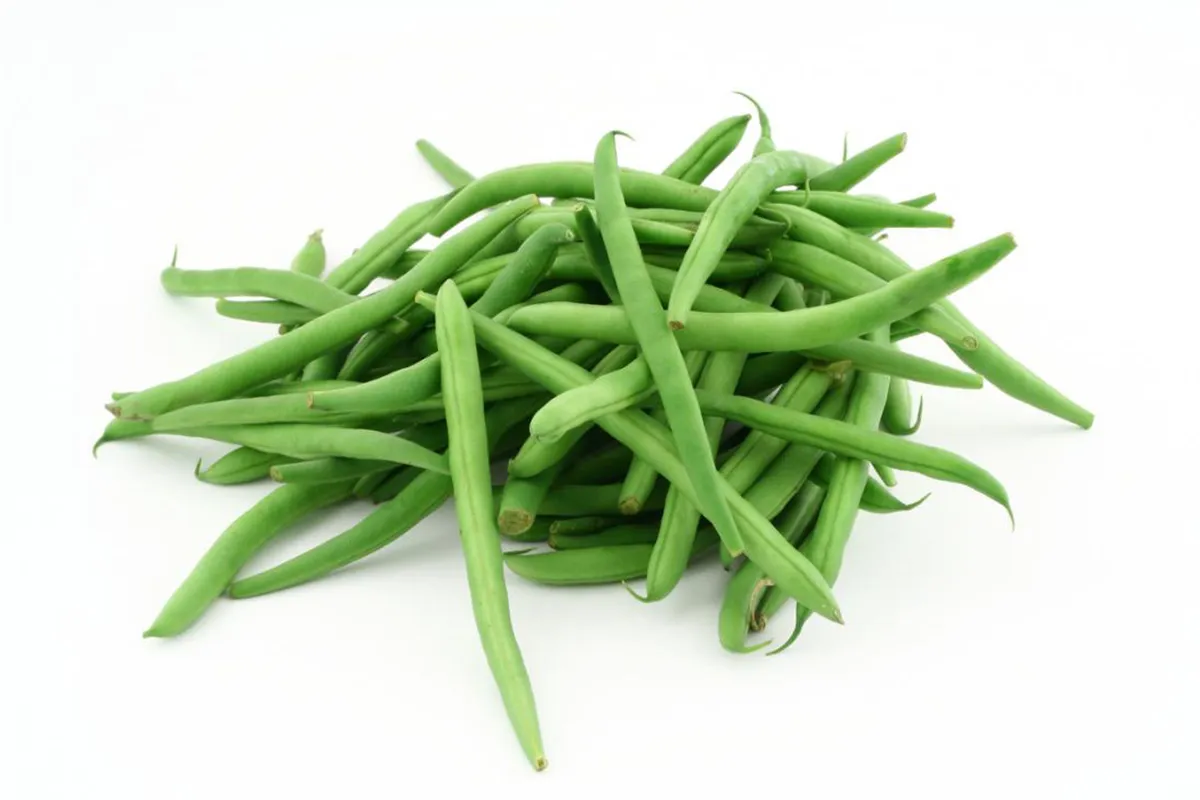
Soluble Fiber-Rich Foods – The Dietary Fiber and Weight Loss Heroes
In the realm of dietary fiber good for weight loss, soluble fiber deserves special attention. It dissolves in water, forming a gel-like substance in your gut, which can help lower blood sugar levels and reduce heart disease risk. Here are 20 foods rich in soluble fiber and how to include them in your diet:
- Oats (4g per cup): Jump-start your dietary fiber and weight loss routine with a warm bowl of oatmeal topped with flaxseed.
- Beans (9g per cooked cup): Kidney, black, and lima beans can be added to salads or served as a side dish.
- Raspberries (8g per cup): Enjoy them as a snack, add them to your salad, or blend them into your morning smoothie.
- Pears (5.5g per medium fruit): Have them as a snack, or dice them up for a delicious fruit salad.
- Chia seeds (10g per ounce): They can be soaked in smoothies, yogurts, or even baked goods. This little seed impacts dietary fibre weight loss considerably.
- Barley (6g per cup): It can be stirred into soups, stews, or enjoyed as a hearty morning porridge.
- Apples (4.4g per medium apple): Perfect to be munched on as a snack, or sliced and added to salads or oatmeal.
- Carrots (2.8g per cup): Chop them up for a healthy snack, or add them to stews or stir-fries.
- Psyllium husk (~5g per tablespoon): This is a great supplement that can be added to smoothies or used in baking.
- Blueberries (3.6g per cup): Delicious on their own or added to yogurt or cereal.
- Lentils (15.6g per cup): Lentil stew or soup is a dietary fiber and weight loss powerhouse meal.
- Avocado (6.7g per half): A great addition to salads, sandwiches, or on toast for breakfast.
- Brussels sprouts (3.3g per cup): Try roasting them for a delicious side dish.
- Sweet potatoes (4g per cup): Enjoy them baked with the skin on for maximum fiber.
- Broccoli (2.4g per cup): Great in stir-fries, salads, or even as a steamed side dish.
- Peaches (2.1g per medium peach): Savory on their own or in a fresh fruit salad.
- Flaxseed (2.8g per tablespoon): Add them to oatmeal, smoothies, or baked goods.
- Oranges (3.1g per medium orange): Enjoy them as a refreshing snack or in salads.
- Strawberries (2g per cup): Perfect for salads, smoothies, or desserts.
- Apricots (3.3g per cup): Delicious when fresh, they may also be dried or used in cooking.
Insoluble Fiber Powerhouses – Dietary Fiber and Weight Loss’s Best Friend
Insoluble fiber aids in dietary fiber and weight loss efforts by adding bulk to your diet and aiding in regular bowel movements. Here are 20 of the top foods:
- Whole wheat bread (1.9g per slice): Use it for sandwiches or toast. Pairing it with soluble fiber-rich foods can offer a dietary fiber and weight loss boost.
- Brown rice (3.5g per cup): A great accompaniment to your favorite stews or stir-fries.
- Corn (2g per half a cob): A great side with your dinner or lunch.
- Spinach (0.7g per cup): Incorporate this leafy green into your salads, soups, or even in a smoothie.
- Cauliflower (2.1g per cup): Roast it, steam it, or even turn it into cauliflower rice.
- Potatoes (3g per one medium): Baked with the skin on, or made into a healthy fries option.
- Cabbage (2.2g per cup): Use it in coleslaw, stir-fries, or even in soups.
- Beets (3.8g per cup): Can be enjoyed roasted, steamed, or even pickled.
- Quinoa (5.2g per cup): Cooked quinoa is a great grain for salads or as a side dish.
- Almonds (3.5g per ounce): A healthy snack option or they can be added to salads or oatmeal.
- Popcorn (3.6g per 3 cups): Opt for air-popped and lightly seasoned for a dietary fiber and weight loss-friendly snack.
- Bell peppers (2.5g per cup): Delicious in salads, stir-fries, or even as a stuffed bell pepper dish.
- Parsnips (5.5g per cup): These can be roasted, mashed, or used in soups.
- Green beans (4g per cup): They make a colorful and delicious addition to salads and stir-fries.
- Celery (1.6g per cup): Great as a snack on its own or used in soups or stews.
- Sesame seeds (1.1g per tablespoon): Wonderful for sprinkling on salads or stir-fries.
- Pumpkin seeds (5g per ounce): Perfect as a seasonal snack or in salads.
- Kidney beans (11.3g per cup): They are dietary fiber good for weight loss champions, perfect for chilis, salads, or soups.
- Lentils (15.6g per cup): Same as soluble fiber, but worth mentioning twice for its impressive fiber content!
- Chickpeas (12.5g per cup): Excellent in salads, homemade hummus, or oven-roasted as a snack.
Whole foods that are high in fiber are your key allies in your dietary fiber and weight loss journey. Including a variety of these soluble and insoluble fiber foods in your diet is as delicious as it is advantageous for your overall health.
The Link Between Dietary Fiber and Weight Loss: Understanding Daily Fiber Intake Goals per Age Group
In our journey to a healthier body and mind, the role of dietary fiber and weight loss cannot be overstated. Despite the known importance of fiber, many people struggle to meet the recommended daily intake, leaving them void of these health benefits. Having a clear understanding of the recommended daily intake values for each age group will prove vitally important. So, how much dietary fiber do you actually need to bolster your dietary fiber and weight loss journey?
Optimal Daily Fiber Intake: Age and Gender-Based Guidelines
The dietary fiber intake recommendations vary according to age and gender. The reason for this variance is mainly due to differences in basal metabolic rates between men and women and the changes in nutrient needs as we age. Here are the daily recommended dietary fiber values:
- Men under age 50: A daily intake of 38 grams of total fiber is recommended.
- Men over age 50: This group’s fiber needs to decrease slightly to 30 grams per day.
- Women under age 50: The daily recommended intake stands at 25 grams of fiber.
- Women over age 50: This group requires slightly less fiber, with a daily recommendation of 21 grams.
Remember, these values reflect the consumption of both soluble and insoluble fibers as the benefits of dietary fiber and weight loss journey hinge on the balance between these two types of fiber.
The Process of Increasing Fiber Intake
Upon discovering the power of dietary fiber and weight loss, you may feel eager to immediately increase your fiber consumption. However, it’s essential to introduce additional fiber to your diet gradually. A sudden increase may lead to gastrointestinal discomfort, such as bloating or cramps. Therefore, start by adding an extra serving of fiber-rich food to your daily diet and steadily increase this over a period of several weeks.
Water and dietary fiber have a synergistic effect on our bodies. While fiber adds bulk to your diet, water helps the fiber to move through your digestive system more smoothly, mitigating constipation or discomfort. As you ramp up your fiber intake, remember to hydrate well by drinking at least eight 8-ounce glasses of water each day.
The natural way to increase your daily fiber intake is to reach out for foods that are inherently high in fiber – think whole grains, legumes, fruits, and vegetables. These foods contain vital nutrients, and their fiber content is easily absorbable, facilitating your dietary fiber and weight loss journey remarkably well.
When to Consider Fiber Supplements
If you find it challenging to meet your daily fiber goals through food alone, fiber supplements can serve as a beneficial addition to your diet. They are convenient, especially if high-fiber foods are not readily available. However, while fiber supplements can help, they should not replace whole foods entirely. Real food comes with an array of nutrients that supplements alone can’t provide. Side effects from fiber supplements are rare, but overuse may lead to constipation or nutrient malabsorption. Consequently, before adding a new supplement to your regimen, it is advisable to speak with a healthcare provider.
The following are 10 popular fiber supplements you may consider to aid in dietary fiber and weight loss:
Benefiber: A wheat dextrin-based supplement that is gluten-free and can be mixed with drinks or food.
Metamucil: Based on psyllium husk, which can lower cholesterol levels as well as support digestive health.
Citrucel: Made from methylcellulose fiber, which is non-allergenic and can help prevent habitual constipation.
Fiber Well: These gel-based fiber pills are also packed with a range of vitamins.
Organic India Whole Husk Psyllium: An organic product rich in both soluble and insoluble fiber.
Garden of Life Raw Organic Fiber: A certified organic, vegan fiber supplement with 15 organic superfoods.
NOW Psyllium Husk Capsules: High in soluble fiber, these capsules are beneficial for gut health.
Optimum Nutrition Fitness Fiber: Unflavored and easy to mix in drinks, it’s a good option for those starting with fiber intake.
FiberCon: Uses calcium polycarbophil to provide dietary fiber and help stimulate the intestines to eliminate waste.
Heather’s Tummy Fiber: An organic acacia senegal powder that provides a good source of soluble fiber.
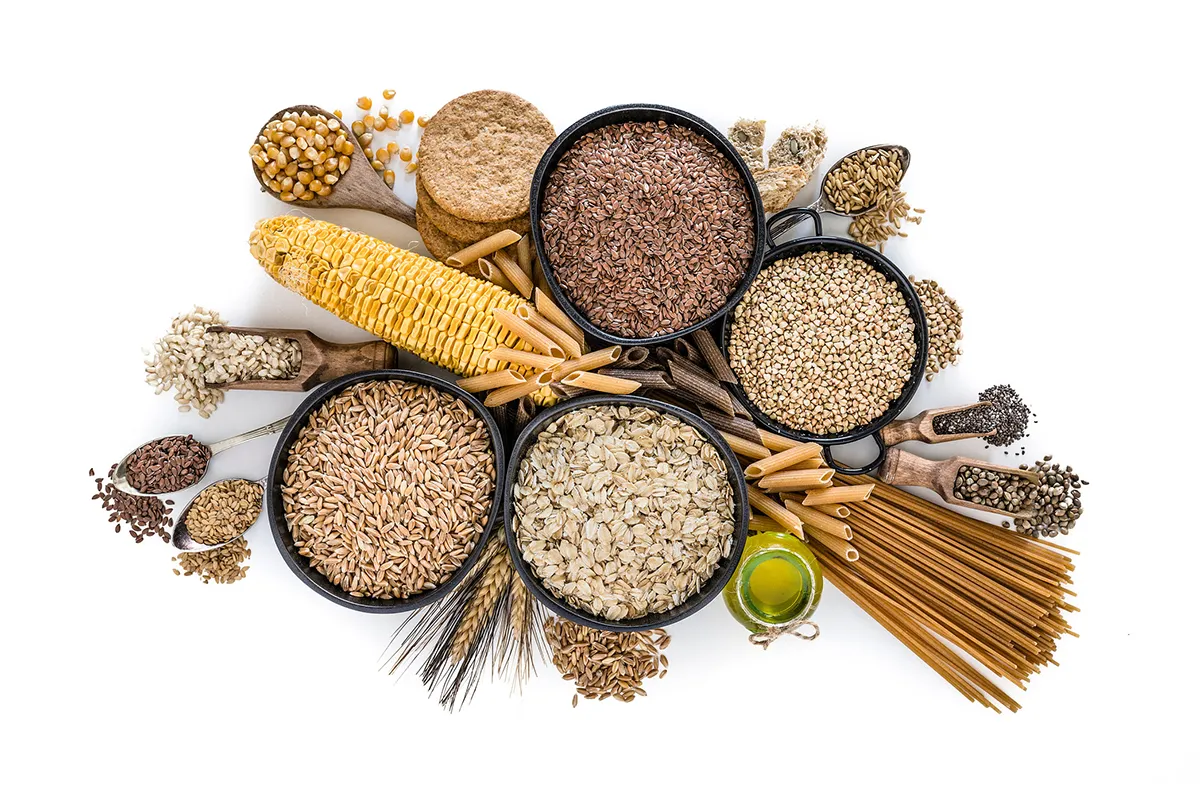
10 Effectual Ways to Maximizing Dietary Fiber and Weight Loss
Without making dramatic changes to your normal diet, there are easy ways to pack in more fiber each day. Try these simple tips:
Choose Whole Grains
Whole grains are packed with fiber, making them an ideal choice when it comes to dietary fiber and weight loss. Swap your white bread for whole wheat, refined oats for whole oats, and white rice for brown or wild rice.
Reinvent your Sandwiches
Make your sandwiches and wraps fiber powerhouses. Add spinach, tomatoes, or any fiber-rich vegetable you enjoy. Consider using hummus, bean spreads, or avocado in place of mayonnaise or butter.
Snack on Fruits and Veggies
Keep a variety of fresh fruits and vegetables on hand. These make excellent fiber-rich snacks and can curb the urge for less healthy alternatives. Consider apple slices, carrot sticks, bell peppers, or edamame pods for your next snack craving.
Discover the Versatility of Chia Seeds
Just one tablespoon of chia seeds can add a whopping 5 grams of fiber to your diet. Stir them into oatmeal, yogurt, and smoothies, or even add them to your baked goods.
Don’t Toss those Potato Skins
Baking potatoes with their skins can give you more fiber, vitamins, and minerals. The next time you crave fries, think about baking potatoes instead to add to your high-fiber diet and weight loss journey.
Oatmeal, the Breakfast of Champions
Starting your day with oatmeal, particularly steel-cut or old-fashioned oats, can provide an abundance of fiber. Top with berries, nuts, or seeds to enhance both taste and nutrition.
Embrace Beans and Lentils
Incorporate beans and lentils into soups, stews, salads, rice bowls, or tacos. These superfoods offer ample fiber content and are also excellent sources of protein, another key element in weight loss.
Indulge in Berries
Berries pack a double punch of fiber and antioxidants. Swap your dessert for a bowl of blueberries, strawberries, or raspberries.
Incorporate Avocados
Avocados are more than just tasty. They come loaded with healthy monounsaturated fat and fiber, making them an excellent choice for dietary fiber and weight loss.
Branch out to Quinoa
This whole grain comes not only with high fiber content but also with all the essential amino acids, making it a high-quality protein source.
Achieving that essential 25-30 grams of fiber each day may seem challenging, but with these ten tips, a high-fiber diet can be an enjoyable and practical endeavor for those on their dietary fiber and weight loss journey. Start today—your body will thank you.
Finally
Science continues to uncover ways that dietary fiber powerfully benefits health, from possible weight loss to reduced disease risk and better digestion. Consuming a diet abundant in fiber-rich whole foods provides the widest range of perks.
Certain types of soluble fiber appear most effective for promoting weight loss by reducing appetite and calorie absorption from meals. But fiber of any kind offers protective effects by feeding good bacteria, detoxifying the body, and controlling blood sugar levels.
Aim for at least 25-30 grams of fiber daily from sources such as fruits, vegetables, whole grains, nuts, and seeds. Increase your intake gradually and be sure to drink plenty of water as fiber pulls water into the intestines. Achieving your fiber goals will involve developing long-term habits, not quick fixes. But the impact on your overall well-being makes it well worth the effort.

FAQs about Dietary Fiber and Weight Loss
Can dietary fiber help you lose weight?
Yes, dietary fiber can aid in weight loss. It assists by increasing satiety, meaning it makes you feel fuller for longer periods, which helps reduce overall calorie intake. Additionally, some fiber types can be fermented by gut bacteria, producing compounds that can aid in weight management.
What is a high-fiber diet for weight loss?
A high-fiber diet encompasses incorporating foods rich in dietary fiber into your meals. These include whole grains, fruits, vegetables, legumes, nuts, and seeds. High-fiber diets work effectively in weight management by promoting feelings of fullness, helping control blood sugar, and promoting healthier gut bacteria.
Does fiber increase metabolism?
While fiber itself doesn't directly boost metabolism, it aids in maintaining a healthy digestive system and promotes satiety, which can lead to lower caloric intake and gradual weight loss over time. It plays a crucial role in digestive health, which in turn impacts metabolic health.
How does fiber affect body weight?
Dietary fiber can positively impact body weight. Foods high in fiber tend to be more filling, causing you to eat fewer calories, and aiding in weight loss. Additionally, high-fiber foods are typically low in fat and calories, which supports a healthy diet and weight management.
Is fiber good for the overweight?
Certainly! Fiber is beneficial for those who are overweight because it helps regulate body weight. High-fiber foods like vegetables, fruits, and whole grains can lower the risk of Obesity by enhancing feelings of fullness and reducing calorie intake.
Does fiber cancel out carbs?
Fiber is a type of carbohydrate, but it doesn't cancel out carbohydrates. Fiber is not absorbed by the body like other carbs. Though it’s included in the total carbohydrate count on nutritional labels, the body processes fiber differently, which is beneficial for blood sugar levels and can aid in weight control.

